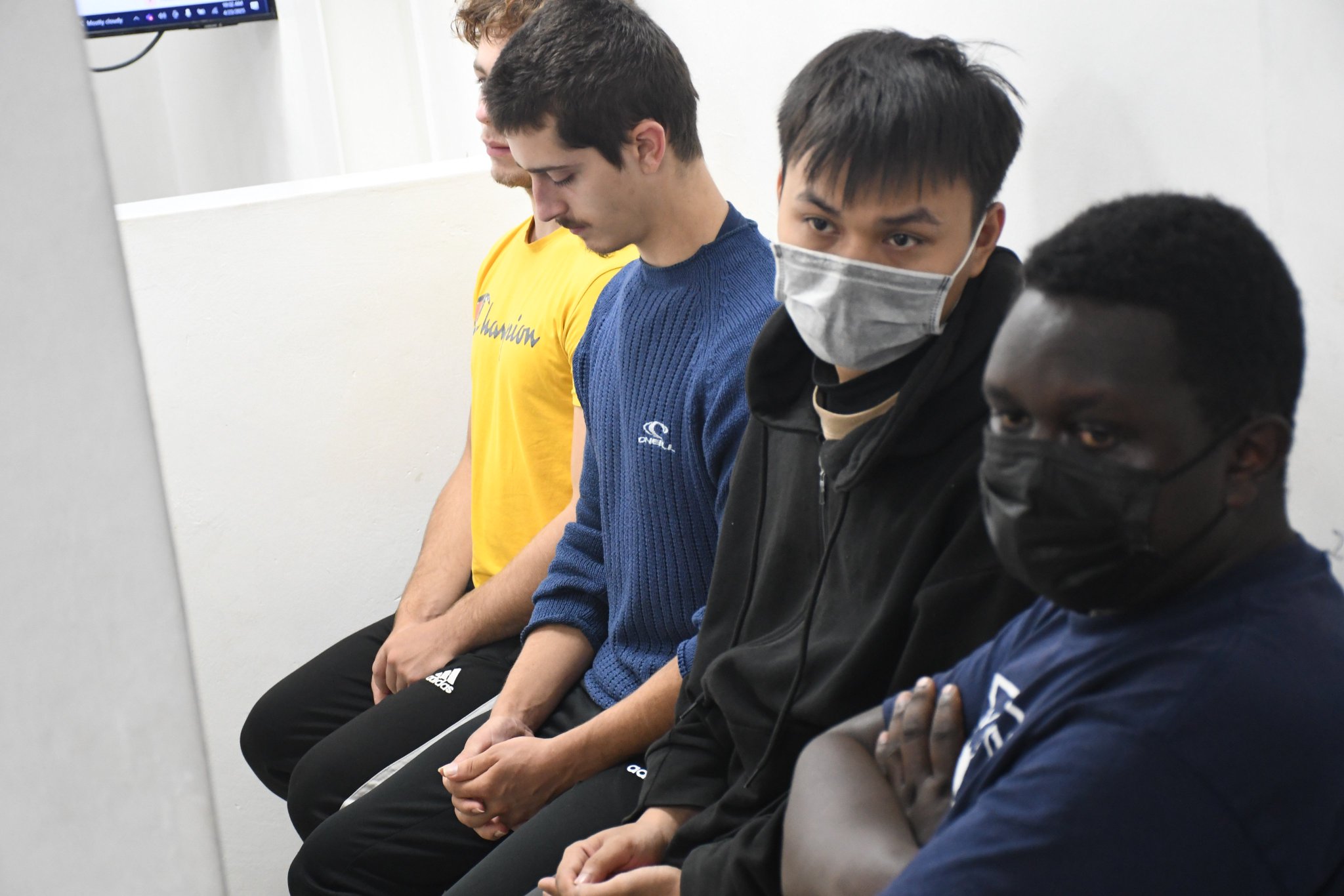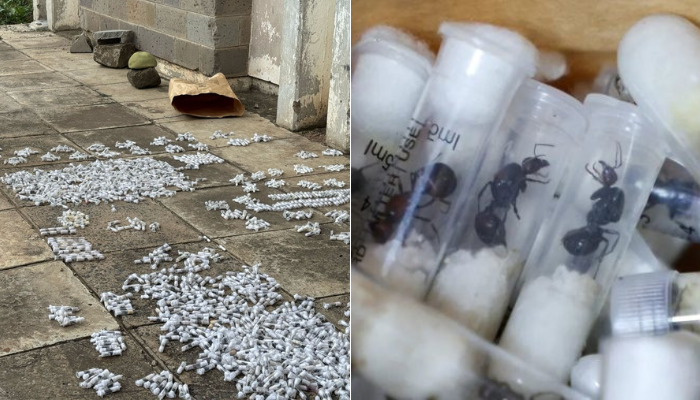The Kenya Wildlife Services (KWS) has exposed how traffickers make millions from selling smuggled queen ants from Kenya.
In a report to the JKIA court, where 3 foreigners and a Kenyan are being prosecuted for trafficking ants, KWS noted that a queen ant can be sold between Ksh9,000 to Ksh15,000
Therefore, in the case of the four accused persons who had 5,000 ants, they would have made Ksh75 million (if each is sold at Ksh15,000) and Ksh45 million (if each is sold at Ksh9,000).
"The report revealed that trafficked ants are frequently misdeclared as wooden carvings or toys," read a report by the Office of the Director of Public Prosecutions (ODPP).

Read More
"In the local supply chain, a single queen ant is sold to brokers for around Ksh50, who then resell them for approximately Ksh150. In European markets, however, they can fetch between 60 and 100 Euros each (Ksh. 9000 and Ksh. 15,000), used primarily for culinary and decorative purposes."
KWS added that the cases of ant smuggling had become a trend, with most interceptions being done through JKIA, Nairobi, Gilgil and Naivasha.
"The DPP also submitted a report from the National Museums of Kenya, authored by a leading entomologist. The report underscored the critical ecological roles played by ants, including pest control, seed dispersal, soil aeration, nutrient recycling, and serving as indicators of environmental health and climate change.
"The entomologist warned that mass harvesting of queen ants could lead to local extinctions, destabilize ecosystems, limit plant nutrient availability, and contribute to the spread of invasive species," read the statement in part.
Therefore, DPP noted that it would be pushing for hefty penalties for the 4 accused persons who pleaded guilty.






